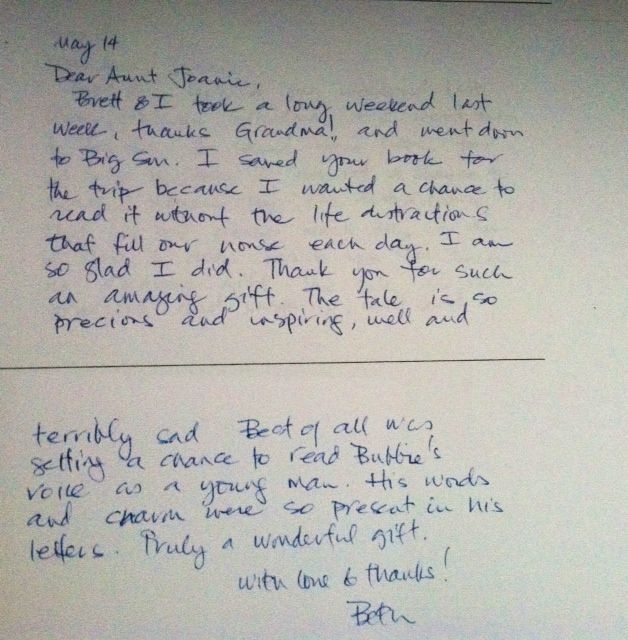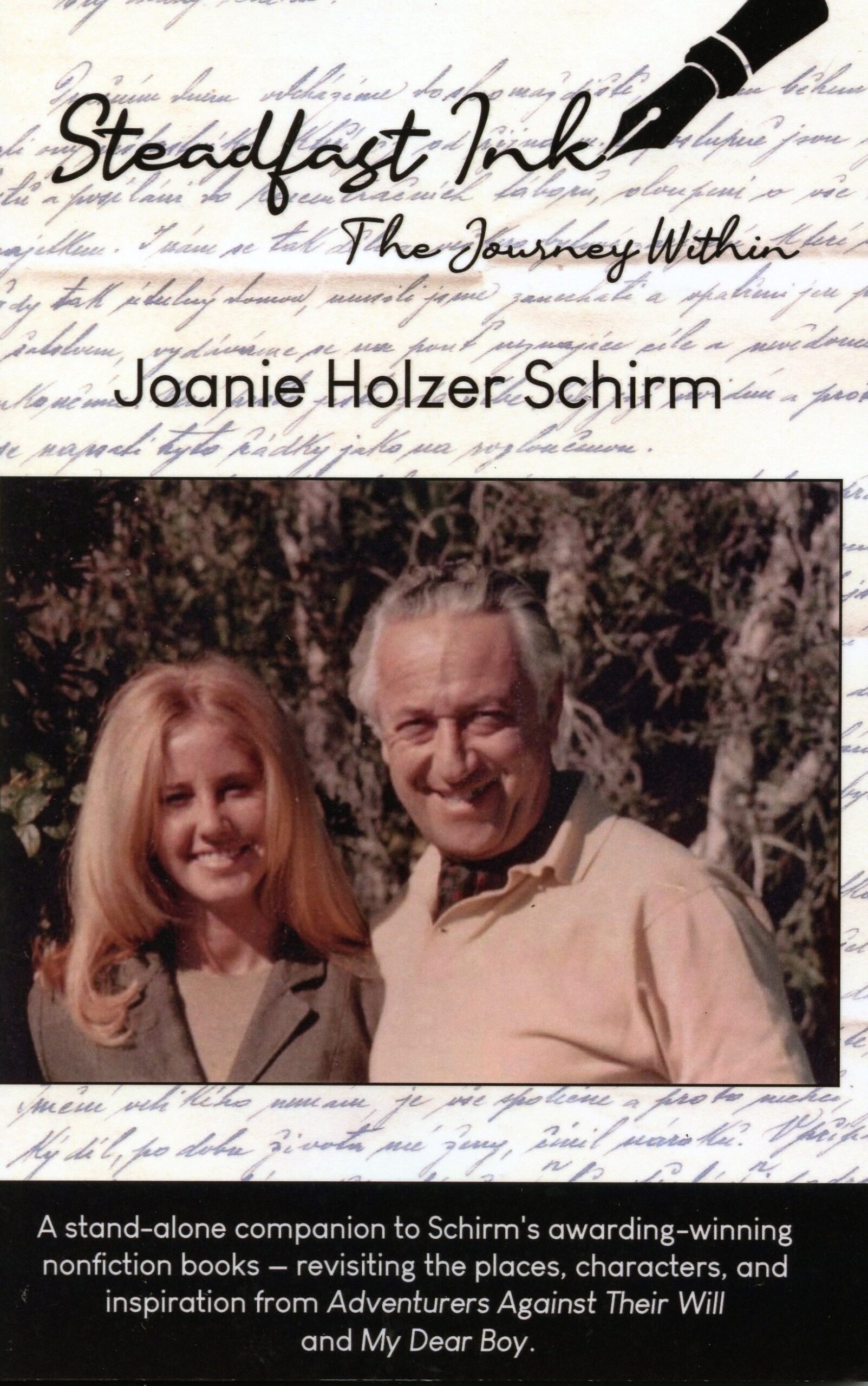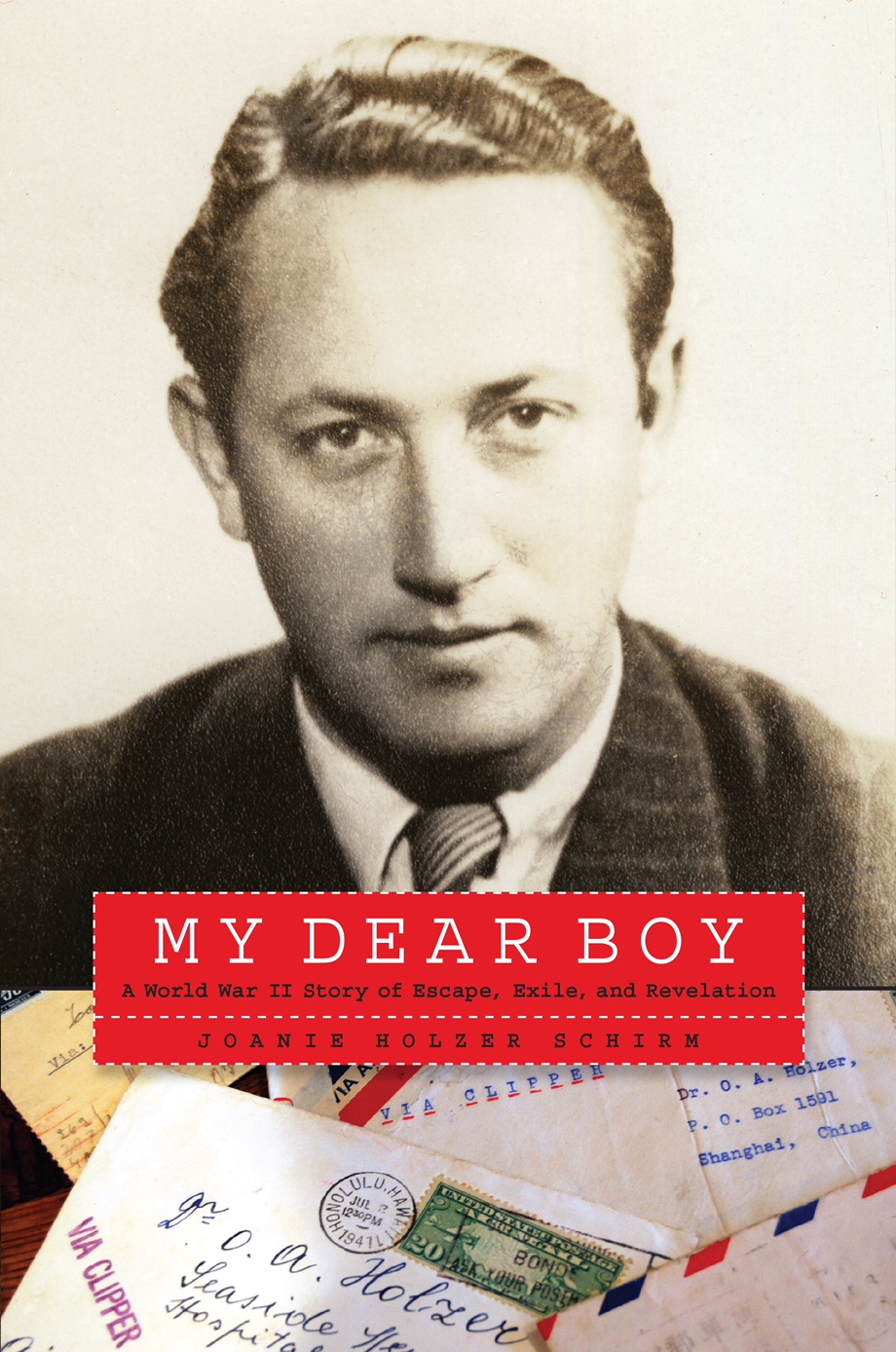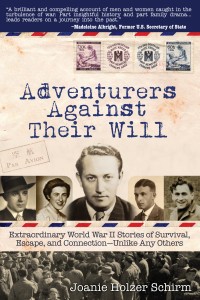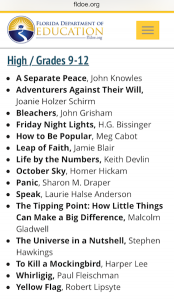As a writer, I work day in, day out in solitude. Some mornings I’m at my desk at 6:30 a.m. Other days I feel guilty because I don’t arrive in my writing room (converted upstairs game room) until 8:30 a.m. Most days I take an hour for lunch, solely to give my eyes a rest; sometimes only to eat for the first time in the day. There is never someone there with me to offer a pat on the back for good work or suggestions for when I’m headed down the wrong path.
Before my husband retired from ‘scheduled’ work in November 2012, he would arrive back home around 6:00 p.m. and find me still writing or researching. Only when I’d hear his voice, “Honey, I’m home,” would I realize another day had slipped by. And so it was for five solid years as I finished the first of two books about my father’s incredible WWII life. I was on a research and discovery mission that involved 400 letters written by 78 writers – letters that contain the very essence of his family and friends, the fabric of a disintegrating Czech Jewish culture, and the hope for mankind thrown. This last part was largely because the Nazis did not achieve their goal of what we now call “the final solution”. Because my father managed to escape in 1939 to China where he met and married my mom, I exist. Forty of our relatives weren’t so lucky. My grandparents and forty-two others perished in the Holocaust.
As a writer, it is not easy to give yourself a job review or a grade for how you’ve done your work. Instinctively, you somehow know when it is time to let the words fly in public. But even then, you are fraught with questions of quality. For me, I worried most about the real people that I was writing about. I kept thinking: Did I tell a compelling story worthy of the real people who parts of the, hopefully, meaningful tale I am sharing?
For me, I wanted to bring purpose to their words. I knew these letter writing friend and relatives of my father deserved it. As I shared their intimate words describing lives unfolding under dramatic and often uncertain and horrific circumstances, I wanted my own interwoven analysis to be on point. I needed readers to understand the historic context which framed what these people were enduring. After all, with our knowledge of history, we knew the end of their stories. Their choices and decisions were based on what they knew, not what we now know. I wanted to be fair and forgiving when appropriate.
And so, when Adventurers Against Their Will was published, I yearned for ways to know if I had been on the mark. What was my grade? The descendants of the letter writers mattered most. My husband and my children approved – they let me know and that made me feel the many hours were all worthwhile. When reviews on Amazon, see below, showed the descendants approved of my writing, I was euphoric.
“…Even though I am mentioned in Joanie’s book, and my cousin’s journey–one of several–is so movingly told, I can (nearly) objectively state that Joanie’s writing style is stellar, the historical context woven throughout is fascinating, and the emotional wallop the stories pack is undeniable. A truly compelling read from a talented writer…”
“…We are indebted to Joanie Schirm, the dau
. Joanie Schirm brillantly weaves the story of her father, his family and his friends between excerpts of letters between them. These letters highlight their feelings not only about their personal situations and relationships, but also about the broader political events around them.
I had trouble putting it down.
ghter of Valdik Holzer (the focal `adventurer’), for sharing the
wonderfully rich letters of her father and his friends with us…We are moved and touched by the opportunities of escape seized or missed, and by the many photos of the protagonists and their families. A wonderful book. Thank you Joanie!”
“…. Joanie Schirm brilliantly weaves the story of her father, his family and his friends between excerpts of letters between them. These letters highlight their feelings not only about their personal situations and relationships, but also about the broader political events around them.I had trouble putting it down.”
And when the following note, see below, arrived from my niece, Beth Holzer May, I felt all was well with my writing world.

